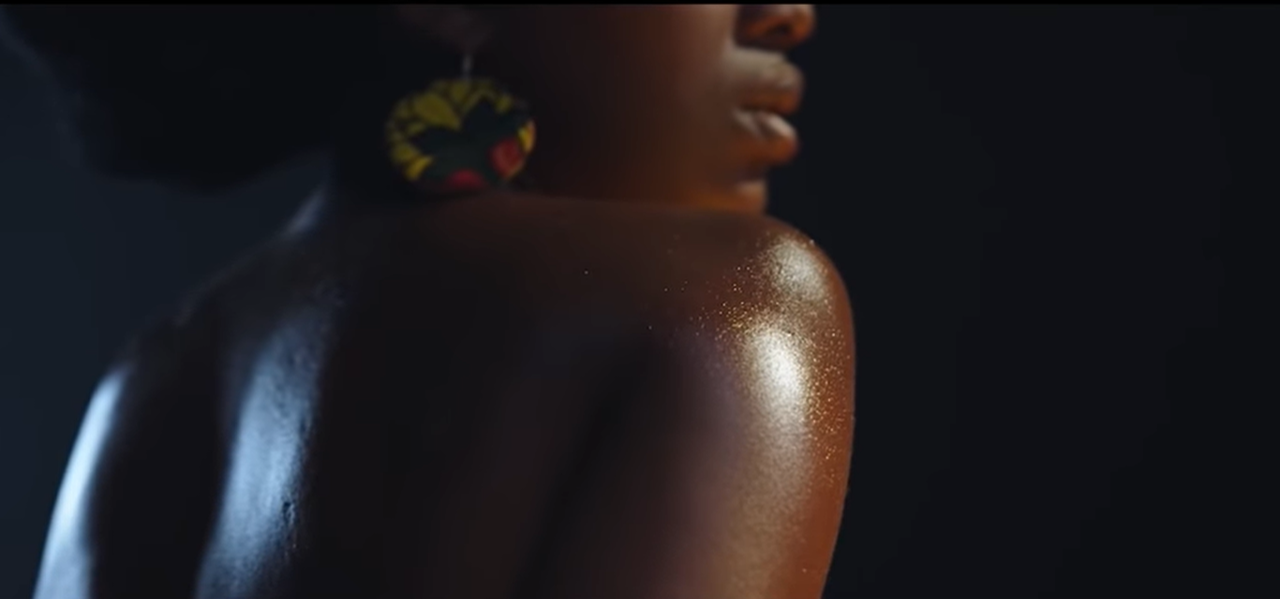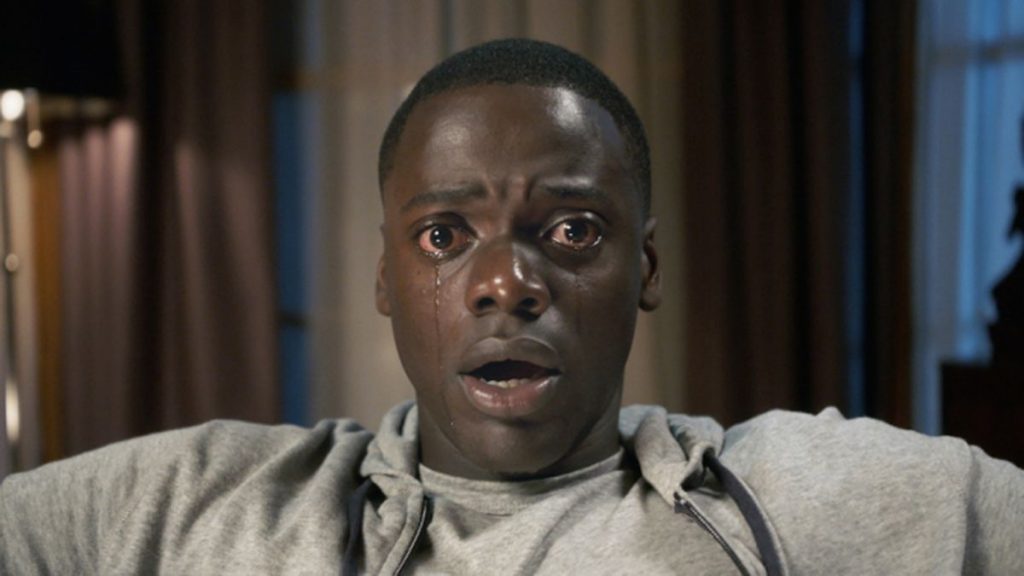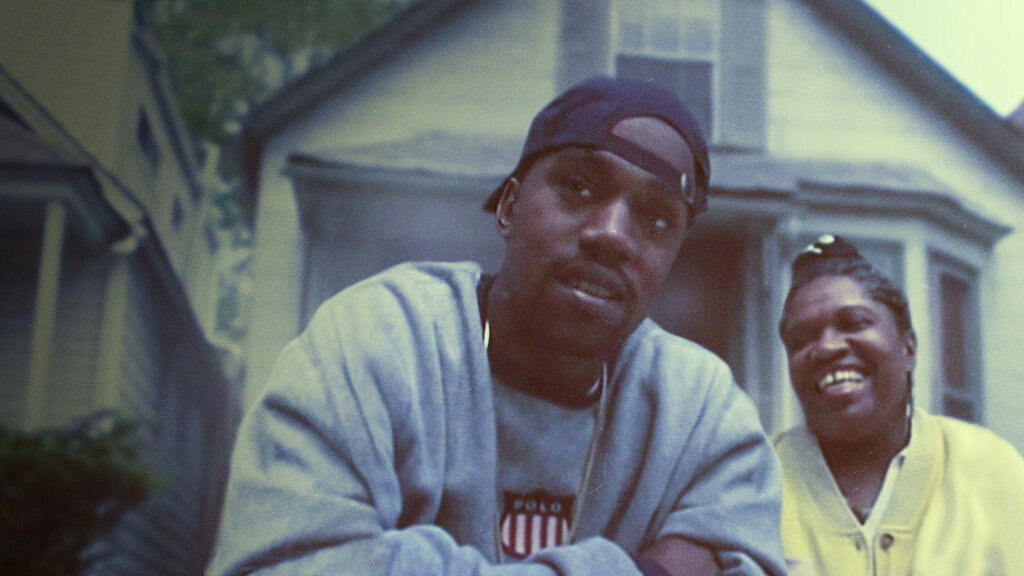The documentary genre is not one that is favoured by many Nigerians but Beverly Naya’s Skin will resonate. It will because the participants in the documentary were largely honest. For one, Nigerian socialite, Okuneye Idris Olarenwaju is happier as Bobrisky whilst agreeing that bleaching can be a daunting task.
Naya’s “Skin” explores colourism in Nigeria and the gorgeous Nollywood actress opens up on her childhood struggles with the true meaning of beauty. The film also shares other perspectives about the black skin. In its entirety, the documentary is an account of why about 77% of Nigerian women reportedly use bleaching creams.
“Skin” is directed by Daniel Etim Effiong and he tries to balance the narrative by also featuring mixed-raced and fair-skinned individuals including Eku Edewor and Chibuzo Azubuike widely known as Phyno. However, the most relevant scene in Etim Effiong’s film is a chat between Naya and Mudi Yahaya, a conceptual artist and photographer. It is especially enlightening for those who are unfamiliar with filmmaking.
Yahaya talks about ‘deconstructing the black identity on screen or photography.’ It is essentially why black people are seemingly not as appealing on film as their fair-skinned counterparts. He explains that there is a disparity between what you read about photography and what is applies to ‘dark skin or skin that has colour.’ Bottom line, as with most things designed by the white, photography as we know it today was designed for the white skin.
Yahaya’s argument about ‘deconstructing the black sin’ is what beautician Leslie Okoye also alluded to when she expressed frustration about ‘trying to find the right combination.’ She said she was unable ‘to just find one bottle of cream that could actually do the magic.’ So she decided to launch her skin care line because ‘focusing on women that live in Africa is totally different than focusing on women that live overseas because of climate.’ Okoye does not consider her product damaging but more enhancing. She does not consider products bleaching creams but labels her products “whitening” to drive sales.
Naya’s “Skin” is undoubtedly expository but one cannot but notice that some of the scenes were stage-managed. Yet, the bigger problem with “Skin” is the executive producer’s visit to her ancestral home in Delta State, Nigeria. From then onward, the narrative becomes about a woman from a line of strong women and not colourism.
So, does “Skin” inspire? Not much. Perhaps it would have been more inspiring had Naya concluded her story by sharing how she rose above her insecurities rather than how her family survived the Biafra War. Still, it is commendable work because colourism is not a topic that has been tackled by Nollywood thus far.What it excels at is establishing the raison d’être. One gleans in the end that whether it is the fear of living in penury or rejection or not being able to sell products, ultimately, all players in the bleaching cream ecosystem have one motivation. It is called insecurity. And who are we to judge?
Naya’s “Skin” won an AMVCA for “Best Documentary” earlier in March. It is streaming on Netflix.




